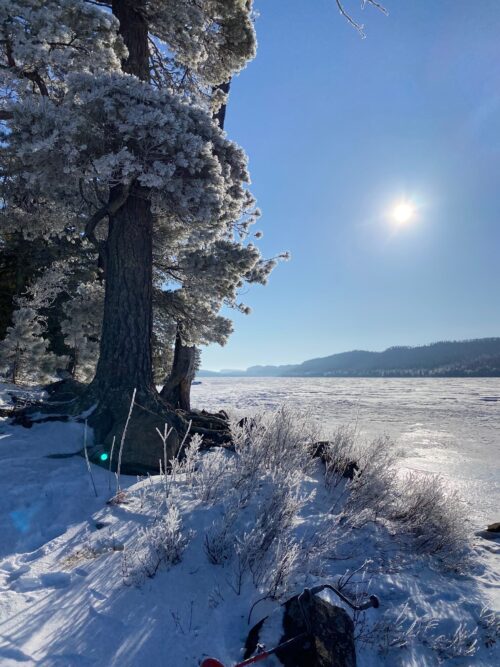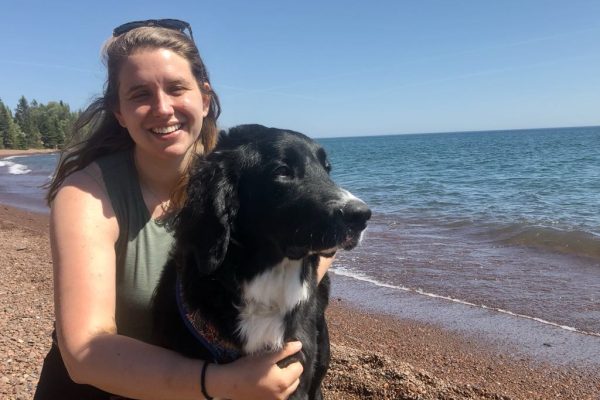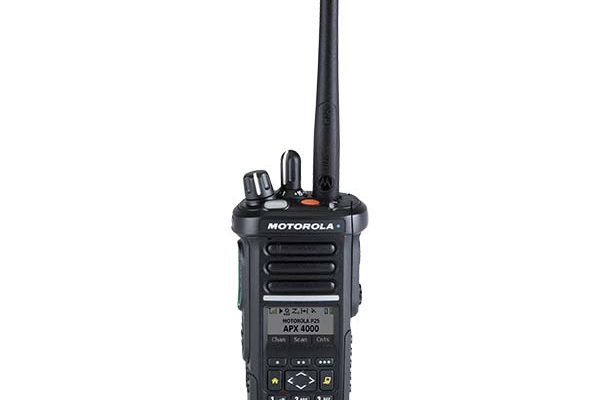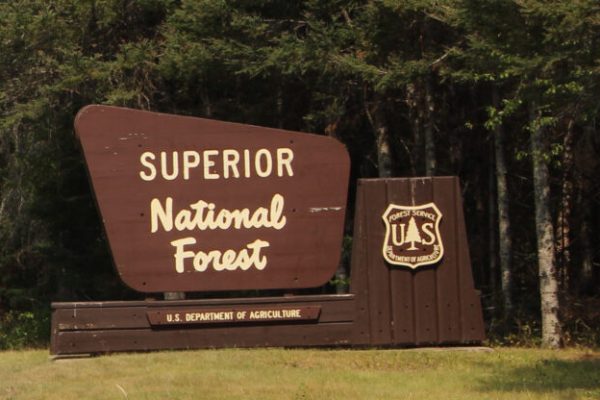Lack of human noise gives BWCA ‘International Quiet Park’ designation
The Boundary Waters Canoe Area Wilderness can be extremely loud.
Howling wind. Trees crashing. Waves pounding granite. Loons. These things can and do make sound in the BWCA.
Indeed, a majority of the sounds emanating from the canoe-country wilderness are not from humans. To the ears of many who visit the BWCA, this is a wondrous thing.
The BWCA is so absent of human sound that it was recently designated an official “Wilderness Quiet Park.” The designation comes from Quiet Parks International, a group based in California that is dedicated to promoting natural “quiet” areas around the world.
Each year, approximately 150,000 people come to the BWCA for canoe trips, hiking, winter camping, and other adventures. It’s a place that people spend months planning to visit, reviewing maps and charting routes.
Despite being a popular destination for outdoor recreation, Quiet Parks International notes that “natural quiet” in the BWCA is a common thread inside the wilderness.
“The natural quiet in the BWCA often lasts for hours at a time depending on the time of day, time of year, and other factors such as air traffic patterns,” according to the organization. “Moreover, not only is quiet important for human enjoyment of Wilderness, but noise-free soundscapes are crucial for healthy ecosystems as well.”
Matt Mikkelsen is the executive director of Wilderness Quiet Parks. He said the BWCA “has a dependable noise-free interval of 15 minutes or more, which is a remarkable achievement.”
The interior lakes of the BWCA are steps removed from any human-generated sound when compared to entry lakes along places such as the Gunflint Trail. On quiet nights in the summer, diesel engines can be heard on BWCA lakes a single portage in from the Gunflint. In the winter, snowmobiles can be heard for great distances. In other words, even in a place like the BWCA, the farther one is willing to travel, the less likely they are to hear other humans.
To date, the only other location in the United States to receive the Quiet Park designation is Glacier National Park in Montana.
To learn more about the recent Quiet Park designation for the BWCA, click here.















